[ad_1]
DUBLIN (Reuters) – A political crisis that has left Ireland on the brink of a snap election deepened on Monday as the deputy prime minister resisted fresh calls to resign and uncertainty over her future cast a shadow over a Brexit summit next month.
Irish Prime Minister Leo Varadkar and the head of the main opposition party propping up his minority government have 24 hours to head off a general election in a dispute that has erupted less than three weeks before the key EU summit.
Ireland will play a major role at the meeting, telling EU leaders whether it believes sufficient progress has been made on the future of the border between EU-member Ireland and the British province of Northern Ireland.
The pressure on Deputy Prime Minister Frances Fitzgerald of Varadkar’s Fine Gael party mounted on Monday following the release of fresh documents over her disputed handling of a legal case involving a police whistleblower.
Fianna Fail, whose backing Varadkar requires from the opposition benches to keep his government functioning, has said it will move a motion of no confidence in Fitzgerald at 2000 GMT on Tuesday unless she resigns.
Varadkar insisted that if the motion is not withdrawn, he will be forced to hold an election before Christmas, a prospect EU officials say would complicate the EU Brexit summit on Dec. 14-15.
Fitzgerald said last week that she did not recall receiving an email in May 2015 that detailed an attempt to discredit a police whistleblower whose allegations of widespread misconduct in the force cost her predecessor his job as justice minister.
The documents released on Monday showed Fitzgerald also received two more emails about the strategy in July 2015, but she said in a statement on Twitter that their contents confirmed she could not interfere in the process and that it was up to an ongoing judge-led tribunal to adjudicate.
“The Tribunal will objectively judge the appropriateness of my conduct. I look forward to giving my evidence to the Tribunal early in January,” she said.
A spokesman for Varadkar, who earlier said he and opposition leader Micheal Martin would do all they could to find a compromise that would avoid a snap election, said the government was standing by Fitzgerald.
Before Fitzgerald released her statement, reporters from the Irish Examiner newspaper and Irish edition of the Daily Mail reported on Twitter that a number of Fine Gael ministers had said privately that she must step down.
Three smaller parties, including Sinn Fein, the second largest on the opposition benches, renewed calls for the deputy prime minister’s resignation in light of the new documents.
‘UTTERLY IRRESPONSIBLE’
The crisis has erupted at a particularly sensitive point in the Brexit talks.
Irish Foreign Minister Simon Coveney reiterated on Monday that not enough progress had been made on the border issue and that he had the full backing of all members states on the EU’s negotiating side.
The border is one of three issues Brussels wants broadly resolved before it decides whether to move Brexit talks on to a second phase about trade, as Britain wants.
Concerns over how the Irish political crisis would impact the talks steadied sterling on Monday, after it posted its biggest weekly rise in more than a month.
“The next couple of months are crucial for the future of Ireland, and provoking an election right now would be utterly irresponsible,” said Kevin O‘Rourke, professor of Economic History at Oxford University, who has written extensively on Ireland’s role in the Brexit talks.
Ireland’s main parties broadly back Varadkar’s position on Brexit and an opinion poll on Saturday suggested an election would lead to little change, with another minority administration the most likely outcome.
“Certainly I don’t want there to be an election. I don’t think it would change anything or achieve anything, particularly at such an important time for the country,” Varadkar said ahead of talks between the two party leaders.
Editing by Catherine Evans and Cynthia Osterman
[ad_2]
Source link

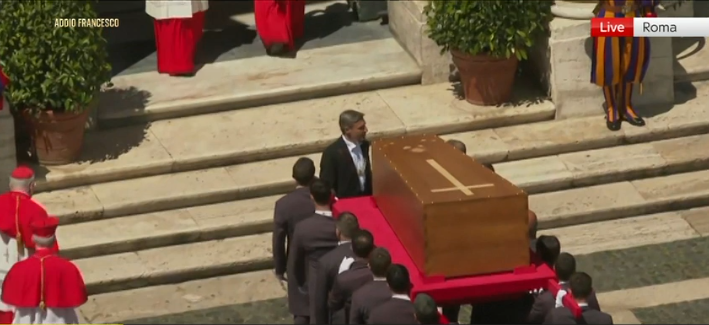
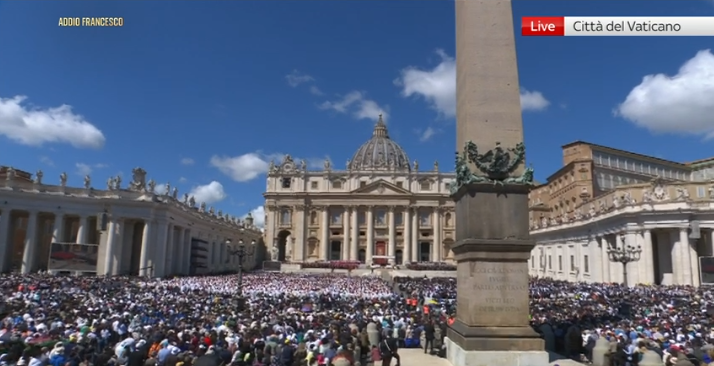
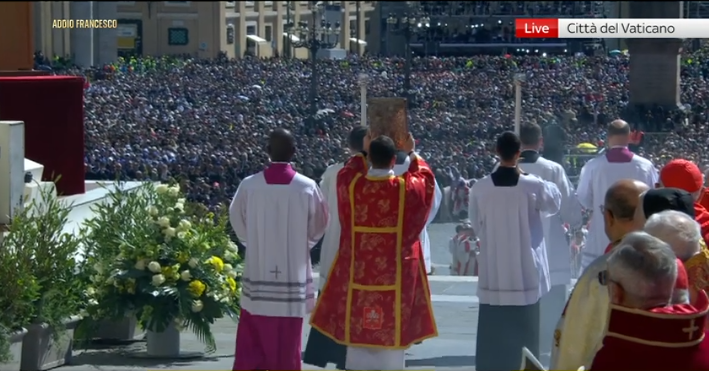
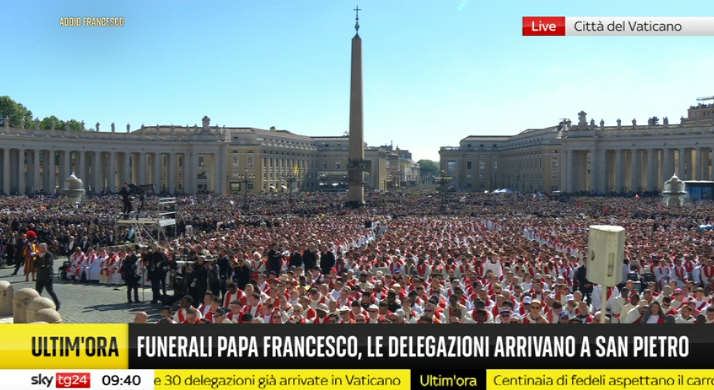
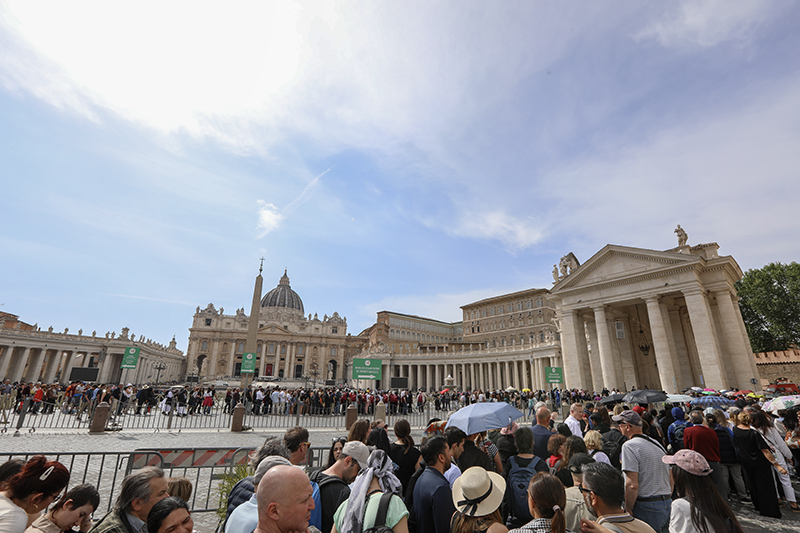
Leave a Reply